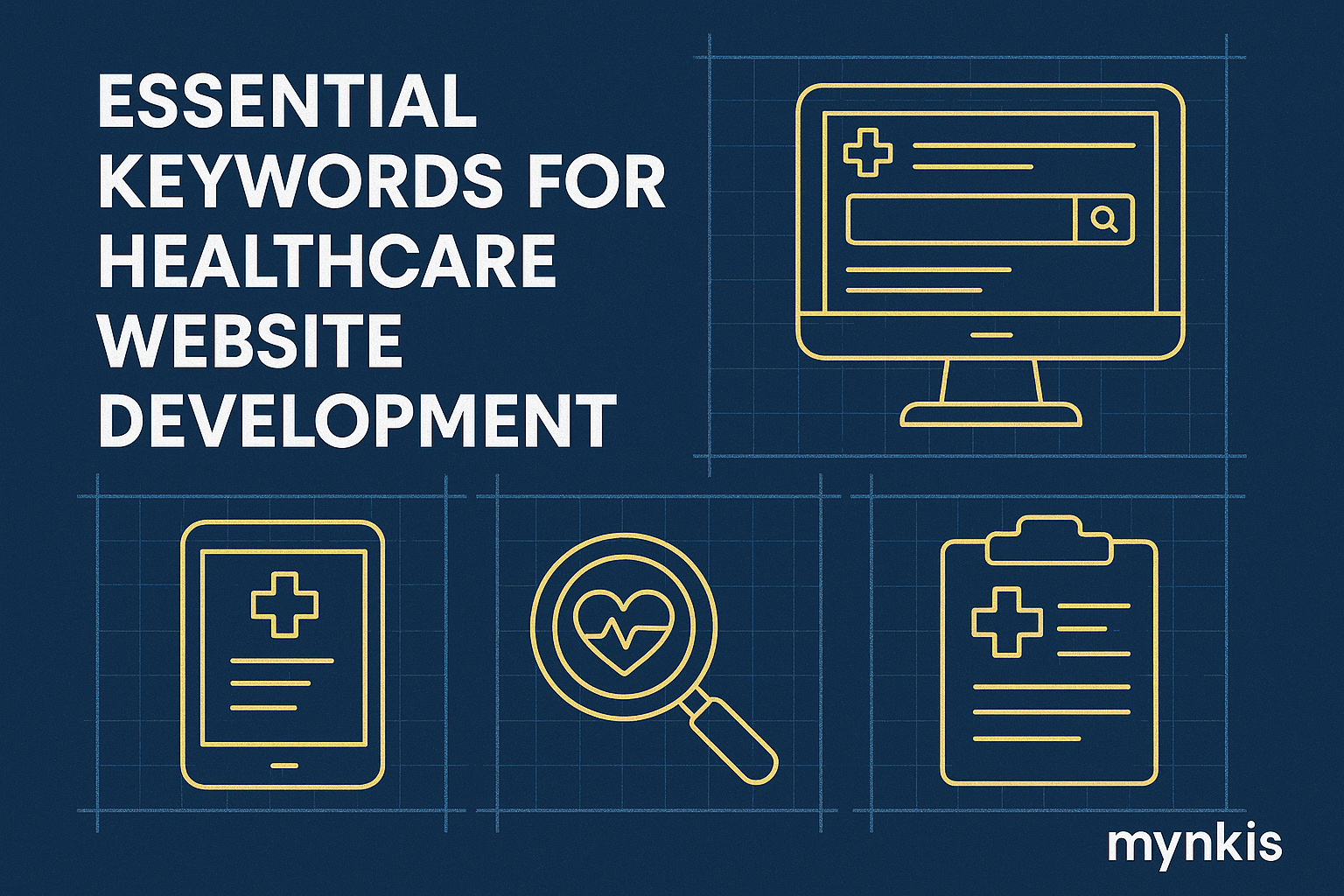Schedule a Demo
Search Engine Optimization (SEO) stands as a cornerstone for digital success, especially within the healthcare sector. Whether you manage a small clinic or a sprawling hospital, ensuring that your website ranks highly in search engine results is not just a luxury but a necessity. From drawing in new patients to offering secure, compliant access to patient portals and data management systems, the impact of SEO cannot be overstated.
I've often seen in my engagements with various healthcare organizations how a well-executed SEO strategy can streamline patient intake and engagement. This tailored strategy means employing the right keywords specific to the healthcare industry's needs, enhancing not only discoverability but also user experience. By focusing on relevant keywords, clinics and hospitals can better connect with their target audience, fostering trust and providing vital information right when it's needed.
The selection of keywords involves a meticulous blend of understanding your healthcare service's core offerings and the searcher's intent. Here are a few pivotal keywords to consider:
The integration of these keywords into your healthcare website must be done with finesse. It's not just about sprinkling them haphazardly but weaving them into your content architecture. Start with your homepage, making sure key services and patient resources are front and center. Metadata, such as title tags and meta descriptions, should smartly incorporate your chosen keywords, boosting not only SEO but also click-through rates from search engines.
Blogging plays a significant role in SEO and establishing thought leadership. Regularly posting content around these keywords, backed by authoritative data or quotes from respected sources like the Health IT website, can bolster your site's relevance. For example, discussing the latest in HIPAA compliance updates or how emerging technologies can enhance patient portals positions your organization at the forefront of healthcare innovation.
SEO, while critical, must complement user experience rather than overwhelm it. Your primary goal should be to provide easy access to critical services and information. Websites cluttered with keywords at the expense of usability are more likely to drive visitors away. A balanced approach, where keywords enrich content without sacrificing clarity, ensures that patients and healthcare providers alike can navigate and engage effortlessly.
As gleaned from my experiences with healthcare facilities across varying sizes, customization of SEO strategies to align with the ethos and values of the organization is pivotal. For example, a pediatric clinic might prioritize child-friendly navigation and content catered to young families, all while maintaining SEO efforts with keywords like "pediatric healthcare website" or "family health services online."
An often-underrated part of the SEO journey in healthcare is leveraging advanced tools and analytics to track performance. From Google Analytics to specialized SEO platforms, these tools offer insights into how well your keywords are performing and where adjustments are needed. Keeping a close eye on metrics such as bounce rate and average session duration can inform whether your SEO-focused content genuinely engages the visitor.
The process of fine-tuning SEO doesn't end once the initial changes are implemented. Continuous optimization is key to staying relevant and ensuring that your healthcare website remains at the top of search rankings. This might include periodic audits to assess the health of your SEO, considering seasonal trends, and adapting to algorithmic changes by search engines.
The healthcare industry's digital landscape evolves at a breathtaking pace, with new technologies and compliance standards emerging regularly. This dynamism means that what works today in terms of SEO might need revisiting tomorrow. Staying proactive through continuing education, whether it’s through industry webinars or cutting-edge healthcare tech blogs, keeps your SEO knowledge up to date.
I recently worked with a medical center implementing 'Voice Search Optimization,' spurred by the increasing usage of voice-activated devices for searching health-related queries. By prioritizing optimization for phrases often used in such searches (like "Where's the nearest urgent care center?"), we crafted not only better SEO strategies but also improved user engagement and satisfaction.
In a field as sensitive as healthcare, integrity and transparency must underpin all SEO efforts. This means steering clear of so-called black-hat techniques that promise quick gains but could jeopardize your organization's reputation and compliance. Instead, uphold ethical practices such as offering accurate, up-to-date health information, avoiding exaggerated claims, and properly utilizing backlinks from trusted healthcare and regulatory sites.
While recognizing the effectiveness of a solid SEO approach, it's essential to consider that results may vary based on numerous variables including competition, geographic location, and the specific nature of the healthcare services offered. Always seek specialized SEO advice tailored to the healthcare sector to maximize effectiveness while staying within regulatory guidelines.
